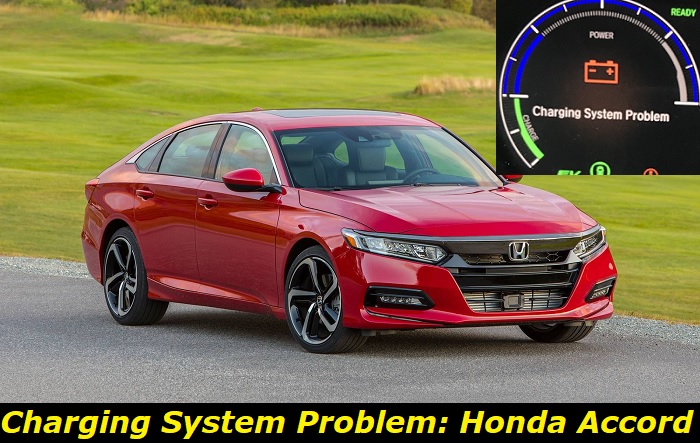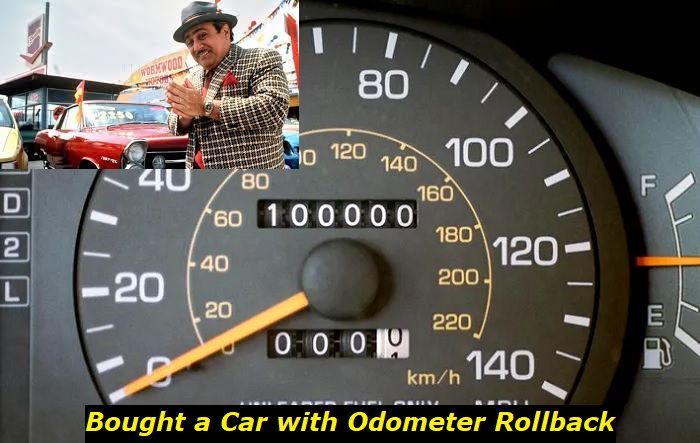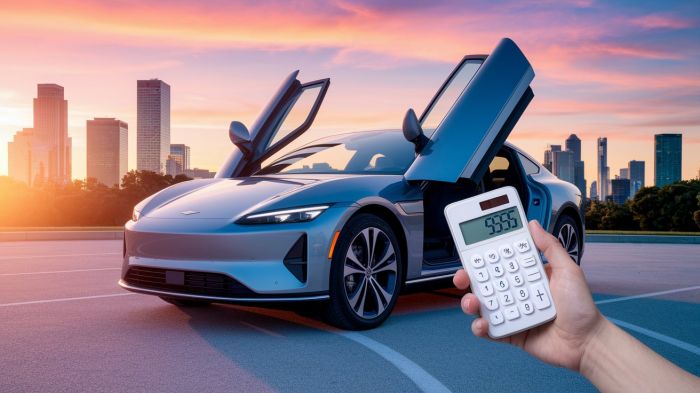Your Honda Accord's battery charging system is crucial for maintaining its battery's charge, making sure that it has enough power to crank up the engine and keep its electrical system functioning well. If your charging system gets messed up, your auto will have to run only on battery power. This will constantly drain the car battery and eventually make it impossible to start the vehicle.
Charging system problem message highlights
- Common reasons:alternator issues, dying battery, wiring problems
- How to fix:check the battery, check the alternator, take it to a good mechanic
- Possible consequences:the car may eventually refuse to start
- Priority level:High
- Can you drive?Yes, but not long
- DIY repair:Possible, sometimes complicated
- Repair price range:$150-$450

Common Causes of the "Charging System Problem" in the Honda Accord
Most of the time, the "Charging System Problem" can only be due to a minor glitch in the computer of your Honda Accord. If this is the case, it may be gone the next time you restart it or after driving it for around a hundred miles. However, if the problem persists or is already a recurring matter, here are the factors that may be causing it:
1. Battery Can't Hold a Charge
There are some things to consider if the battery of your Honda Accord is having problems holding a charge because there could be different factors at play here. The most common reason is simply an old battery that needs to be replaced.
Fortunately, diagnosing the exact cause of your battery problems is relatively easy. Start by checking the battery with a voltmeter. If the voltage is 12.6 volts or less, it needs to be replaced.
On the other hand, if the battery is showing a voltage of 12.7 volts or more, it may just need recharging. Try hooking up a trickle charger overnight and see if that solves the problem.
Next, check the battery terminals to make sure they are clean and tight. The connectors will only need to be cleaned and fixed if they are contaminated by dirt or loose. However, if they are already showing signs of damage due to corrosion, they should be replaced immediately.
If your Accord's battery is damaged or old and needs to be replaced, you can purchase a new battery from your local auto parts store, or you can order one online. You can also take your car to a Honda dealer and have them change the battery for your convenience.
If your battery is still giving you trouble, there could be an issue with the other parts of your car's electrical system like its alternator, wiring, and fuse, among others.
2. Bad Wiring
Another issue that can greatly affect the charging system of the Honda Accord is a wiring problem. This can cause symptoms, including the engine not starting, the battery dying quickly, and the car stalling. Learning how to diagnose this problem can help you get your car back on the road quickly and avoid other potential hazards brought about by the issue.
The first step in diagnosing the wiring problem is to check for loose or corroded connections. If you find any, clean them off and tighten them up.
Next, use a multimeter to test the harness itself for continuity. The parts where there are none indicate breaks in the wire that should be repaired.
In most cases, the fix will only involve repairing the damaged section of the wiring. However, if the damage is extensive, you may need to replace the entire harness. Either way, once the repair is made, your car's charging system should be back up and running properly.
When it comes to diagnosing and repairing issues with the wiring of the Accord's charging system, it is always important to consult a technician for expert advice. They will be able to properly diagnose the problem and determine the best course of action.
3. Blown Fuse
When something draws too much power from the circuit, it may lead to shorting in the fuses. When it does happen, it can cause the "Charging System Problem" warning light to come on in your Honda Accord.
There are a few other symptoms that can help you diagnose this problem aside from the warning light you are seeing on your dashboard. If you notice that your battery is not charging properly, or if the car's lights are dimming when you turn on the ignition, these could be signs that there is a problem with the fuse of the charging system.
To check for a blown fuse, start by locating the fuse box, and use a multimeter to test the fuses. If a fuse is blown, it will show up as an open circuit on the multimeter. This means that there is no current flowing through the fuse.
To test a fuse using a multimeter, begin by removing the problematic fuse from the socket. Then, connect the black lead of the multimeter to the metal part of the fuse, and connect the red lead to one of the exposed wires on the fuse.
Turn on the multimeter and configure it to detect "continuity" (or "Ohms"). The meter should now beep or show a reading of zero when you touch the two leads together. If you don't get a reading or if the meter beeps or displays a number other than zero, this means that there is an open circuit and that the fuse is blown.
If the multimeter indicates that the fuse is blown, replace it with a new one. Make sure that you use the one with the correct amperage. Once you have replaced the fuse, put the fuse cover back on and screw it in place.
Again, if you're not sure how to do this, feel free to seek the help of a professional technician or mechanic.
4. Alternator Failure
The alternator may malfunction for several reasons, including improper jump-starting or the installation of an accessory that overloads it. This is often the primary cause of charging problems not only in the Accord but cars in general.
Begin your diagnosis by zeroing in on the alternator as the culprit. With that, make sure that the battery, wiring, fuse, and all other electrical components of your car are of good quality.
If the alternator is suspected to be the problem, you will need to scan it using a multimeter. Set the multimeter to the "DC volts" setting and probe the two terminals of the alternator. If the reading is below 12 volts, then the alternator is likely bad and will need to be replaced.
If the alternator is not functioning properly, it will need to be replaced by a skilled mechanic. Make sure that you get a quality replacement part for it.
Once you have changed the alternator, check all of the other electrical components in your car to make sure they are working properly. This includes the battery, fuses, and wiring. If any of these are not working properly, they will need to be repaired or replaced as well.
5. Worn Serpentine Belt or Pulley
A serpentine belt is a vital part of your car's engine, and it can cause some serious problems if it becomes worn or damaged. One of the most common issues that a worn serpentine belt can cause is the "Charging System Problem" in Honda Accords. This problem can result in the alternator not being able to charge the battery properly, and it can eventually lead to the battery dying completely.
Replacing the serpentine belt is typically all that it takes to fix this problem. However, if the damage to the belt is severe, it may also be necessary to replace the pulley or alternator as well. If you notice any of these issues with your Accord, it is important to take it to a mechanic as soon as possible to have the problem diagnosed and repaired.
6. ECU Error
If after exhausting all the possible solutions discussed here fail to resolve the issue, you may be looking at a problem with the engine control unit (ECU) itself. It may be because of a software issue or a hardware problem in the system.
The former can be fixed through flashing wherein your technician will have to update the ECU software. However, if its module appears to show signs of physical damage, it may be a sign that it's already due for an immediate replacement.
Conclusion
The most important thing to remember when diagnosing and repairing your Honda Accord's charging system is to never ignore any warning lights or signs. A failure to do so could end up causing more damage to your car. So, if you see a charging system warning, seek the help of a professional technician or mechanic right away to avoid further complications arising from the issue.
About the authors
The CarAraC research team is composed of seasoned auto mechanics and automotive industry professionals, including individuals with advanced degrees and certifications in their field. Our team members boast prestigious credentials, reflecting their extensive knowledge and skills. These qualifications include: IMI: Institute of the Motor Industry, ASE-Certified Master Automobile Technicians; Coventry University, Graduate of MA in Automotive Journalism; Politecnico di Torino, Italy, MS Automotive Engineering; Ss. Cyril and Methodius University in Skopje, Mechanical University in Skopje; TOC Automotive College; DHA Suffa University, Department of Mechanical Engineering






Add comment